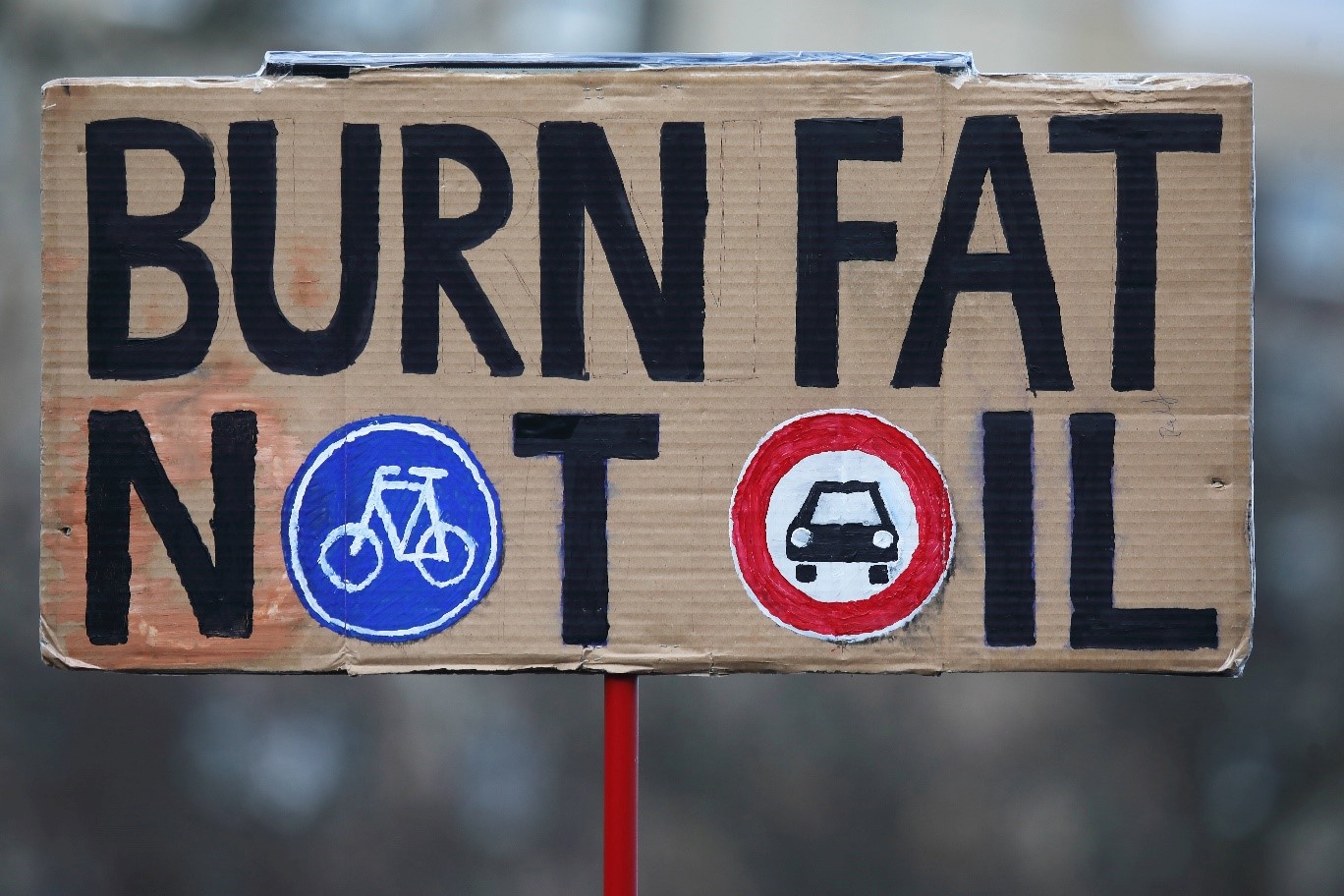Transgressive Bodies? Fatness and Excess in Early Modern Germany

In both contemporary medical and cultural discourse, a relationship between fatness and excess is often perceived to be self-evident. Being “overweight” is consistently connected to “overeating” and “overindulgence,” with the implication that if one simply ate less and practiced greater self-control they would lose weight and would stop being fat. Fat bodies may thus be perceived as transgressive since they are thought to transgress the norms of consumption. In the early modern period, however, the connection between excess and fat was not as straight-forward. While ideas about excess and excessive behavior permeated German-speaking society in the sixteenth century, excess was not always understood to result in fatness. Contemporary criticism of gluttony and drunkenness commented on the effects of such vices…



